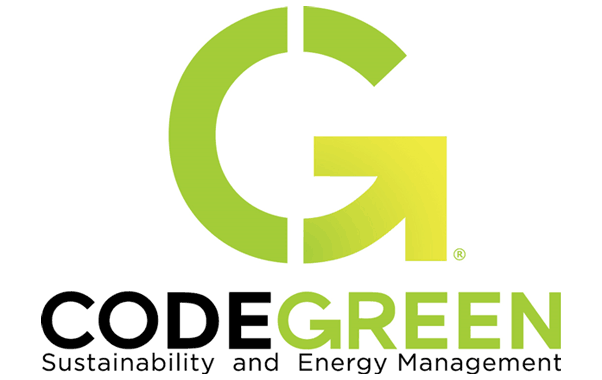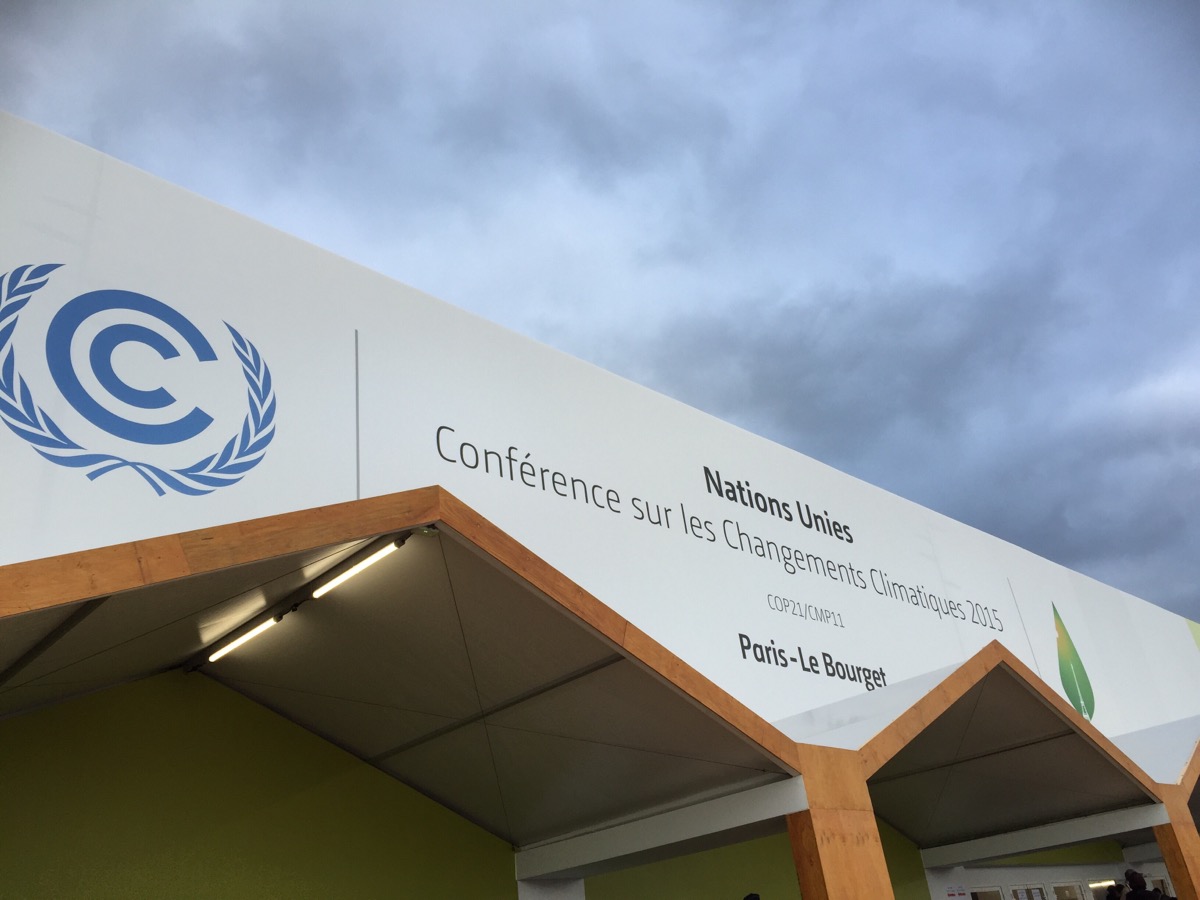Code Green Solutions


Three days into COP21, we can begin to see the broad contours of a global agreement to address the challenges of climate change through reductions in greenhouse gas emissions and preparation for changing climatic conditions. Momentum is building, but details are not yet clear. Some advocate for aggressive regulation and government mandates. Others emphasize the role of a motivated and engaged private sector.
The question is what, if anything, can we expect the day after COP21. There are many possibilities, but investors can count on at least one thing: They will need to know more about their investments.
Whether we face more stringent regulation or new market incentives, every investor will need to know how their investments are contributing to greenhouse gas emissions and their potential exposure and preparedness to face changing climatic conditions. There is no advantage in ignorance and no question that a lack of information creates unnecessary risks and lost opportunities.
So, how can investors prepare for the Day After COP21? Investors can begin with two no-regrets actions. Every institutional investor should demand transparency and build their ability to recognize leadership.
Everything starts with information and investors are in a strong position to demand transparency. In line with high level goals for monitoring, reporting, and verification, investors should ask their investments basic questions about climate-related risks and opportunities: What are your greenhouse gas emissions? What is your exposure to climate-related risks? What actions are you taking to address these issues?
After asking these fundamental questions, investors should carefully consider the answers. First, the absence of an answer is telling. The lack of information about greenhouse gas emissions and climate risks should be an immediate red flag. When investments can provide information, an investor should be able to distinguish market leaders from laggards. This does not necessarily require deep technical knowledge. However, it does require the ability obtain objective scoring and systematically compare investments.
Fortunately, demanding transparency and recognizing leadership are easier than ever. Institutional investors have access to a growing universe of mature, globally-scaled tools designed specifically to provide data and information on climate performance: U.N. PRI, GRI, CDP, GRESB and others are committed to providing investors with actionable information on multiple aspects of climate performance. Investors should select the tools that help them demand transparency and recognize leadership. Then they should apply them systematically to their current and future investments. After Paris, this is simply a matter of prudence, risk management, and fiduciary responsibility.
Over the next few days we will begin to see the road beyond COP21 take shape. We can hope for success and a strong foundation for aggressive action to address climate change. Yet, for institutional investors, there is no need to wait. They can start today with practical no-regret strategies. They can demand transparency around climate performance and use this information to recognize leaders and engage with laggards.